Search results: “”
Antibiotics
Antibiotics are medicines that fight bacterial infections in people and animals. They work by killing the bacteria or by making it hard for the bacteria to grow and multiply. Antibiotics can be taken in different ways: Orally (by mouth)
Antibiotics are drugs used to treat bacterial infections. They are not effective against viral infections and most other infections. Antibiotics either kill bacteria or stop them from reproducing, allowing the body’s natural defenses to eliminate them.
Classes of antibiotics include the following:
- Aminoglycosides
- Carbapenems
- Cephalosporins
- Fluoroquinolones
- Glycopeptides and lipoglycopeptides (such as vancomycin)
- Macrolides (such as erythromycin and azithromycin)
- Monobactams (aztreonam)
- Oxazolidinones (such as linezolid and tedizolid)
- Penicillins
- Polypeptides
- Rifamycins
- Sulfonamides
- Streptogramins (such as quinupristin and dalfopristin)
- Tetracyclines
- Carbapenems, cephalosporins, monobactams, and penicillins are
- subclasses of beta-lactam antibiotics, a class of antibiotic
- characterized by a chemical structure called a beta-lactam ring.
- Other antibiotics that do not fit into the classes listed above
- include chloramphenicol, clindamycin, daptomycin, fosfomycin, leamulin, metronidazole, mupirocin, nitrofurantoin, and tigecycline.
In selecting an antibiotic, doctors also consider the following:
- The nature and seriousness of the infection
- The status of the person’s immune system (how well it can help the drug fight the infection)
- The drug’s possible side effects
- The possibility of allergies or other serious reactions to the drug
Antibiotic Resistance
Bacteria, like all living organisms, change over time in response to environmental challenges. Because of the widespread use and misuse of antibiotics (when antibiotics are not taken as prescribed), bacteria are constantly exposed to these drugs.
To avoid the development of antibiotic resistance in bacteria and side effects in people, doctors usually give preventive antibiotics for only a short time.
Side Effects of Antibiotics
- Common side effects of antibiotics include
- Upset stomach
- Diarrhea
- In women, vaginal yeast infections
Some side effects are more severe and, depending on the antibiotic, may impair the function of the kidneys, liver, bone marrow, or other organs. Blood tests are sometimes done to determine whether these organs have been affected.
Showing 1–12 of 26 results
-
 SALE!
SALE!AMOXIMEDIC-CV 625 LB (Amoxycillin Trihydrate 500mg,Potassium Clavulanic Acid125mg,Lactic Acid Bacillus 60 Million Spores)
Rs.164.02 Quick ViewAdd to cart -
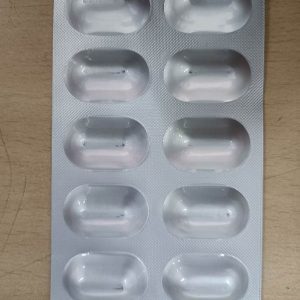 SALE!
SALE!CLINMEDIC-300 (Clindamycin 300mg (Capsule))
Rs.103.28 Quick ViewAdd to cart -
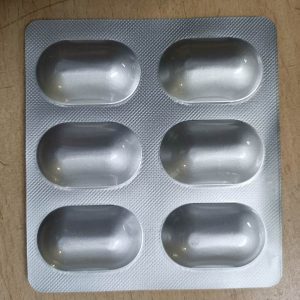 SALE!
SALE!LIZOMEDIC-600 (Linezolid 600mg)
Rs.108.80 Quick ViewAdd to cart -
 SALE!
SALE!CEFIMEDIC-100 DT (Cefixime Trihydrate 100mg)
Rs.48.96 Quick ViewAdd to cart -
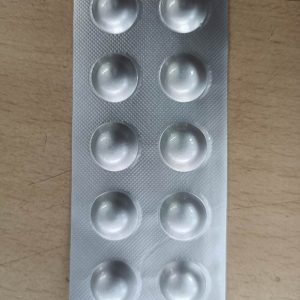 SALE!
SALE!MEDIOMEDIC-500 (Levofloxacin Hemihydrate 500mg)
Rs.52.88 Quick ViewAdd to cart -
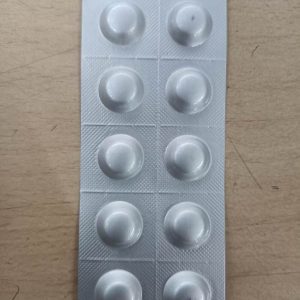 SALE!
SALE!MEDICICEF-100 DT (Cefpodoxime Proxetil 100mg)
Rs.68.54 Quick ViewAdd to cart -
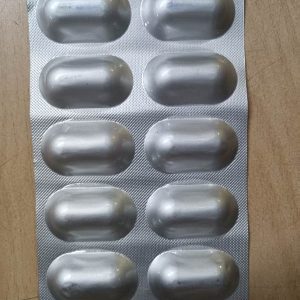 SALE!
SALE!MEDICICEF-200 DT (Cefpodoxime Proxetil 200mg)
Rs.127.30 Quick ViewAdd to cart -
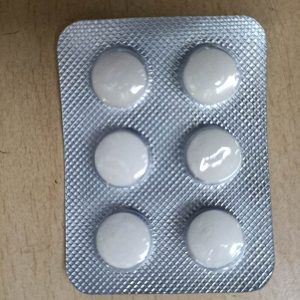 SALE!
SALE!AZIMEDIC-250 (Azithromycin Dihydrate 250mg)
Rs.54.40 Quick ViewAdd to cart -
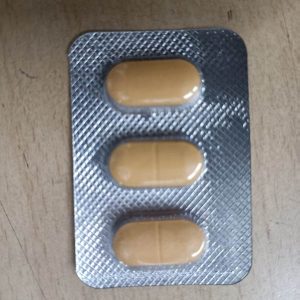 SALE!
SALE!AZIMEDIC-500 (Azithromycin Dihydrate 500mg)
Rs.54.40 Quick ViewAdd to cart -
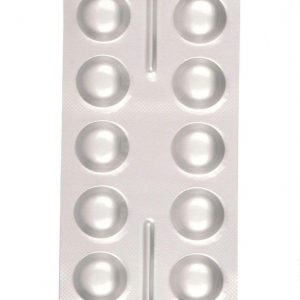 SALE!
SALE!MEDICMEDIC-OZ (Ofloxacin 200mg,Ornidazole 500mg)
Rs.43.09 Quick ViewAdd to cart -
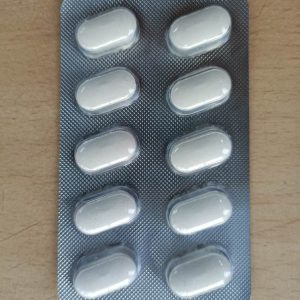 SALE!
SALE!CIPRACE-500 (Ciprofloxacin Hcl 500mg)
Rs.39.17 Quick ViewAdd to cart -
 SALE!
SALE!CEFAMEDICS-500 (Cephalexin 500mg Capsules)
Rs.84.21 Quick ViewAdd to cart

